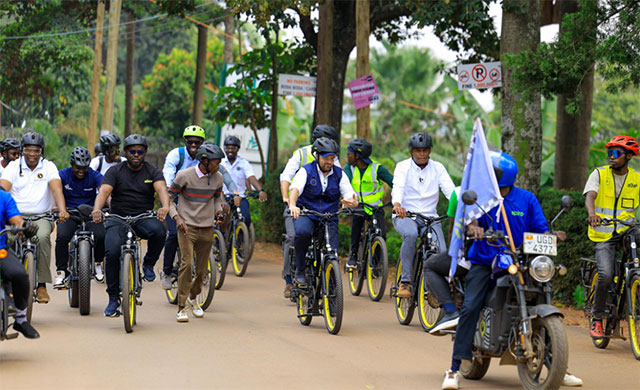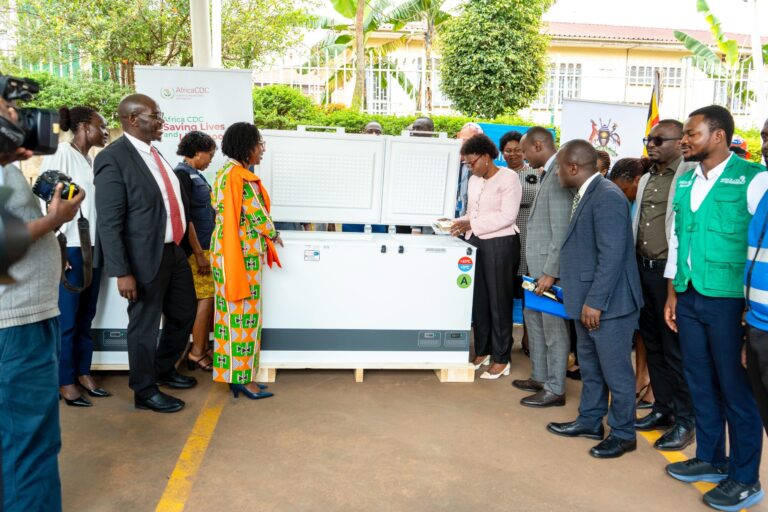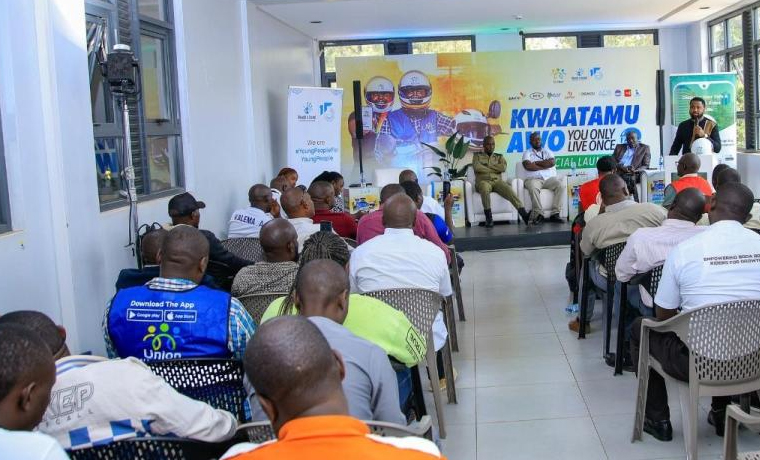The 2nd National E-Mobility Expo 2025 is set to take center stage following its official launch on 30 July 2025 at Next Media Park, Kampala. This year’s edition goes beyond showcasing electric vehicles — it is designed to emphasize the public health benefits of transitioning to electric mobility in Uganda.
A Launch with a Purpose
The highlight of the launch was the inaugural 5KM E-Cycling Expo, promoting the role of e-mobility in improving cardiovascular health. The event was led by Guillaume Chartrain, Deputy Head of Delegation of the European Union to Uganda, joined by diplomats, development partners, industry leaders, and citizens passionate about sustainable transport and active lifestyles. This reflected growing multilateral support for Uganda’s e-mobility transition.
The cycling route began and ended at Next Media Park, 13 Naguru Summit View Road, passing through notable landmarks including Kembabazi Catering Centre and the Science, Technology, and Innovation Secretariat on Katalima Road.
Showcasing Two-Wheeler E-Mobility Solutions
The expo featured a roadshow of two-wheeler electric mobility products from eBee, Spiro, Double Q, Harakka, and Kaara — all advocating for a future where sustainable transport is accessible across all modes, including bicycles, to reduce greenhouse gas emissions and support a healthier Uganda.
According to the 2012 National NCD Risk Factor Survey, in which the World Health Organization (WHO) played a key role, the national hypertension prevalence was 26.4%, with urban areas recording a slightly higher rate (28.9%) compared to rural areas (25.8%). Alarmingly, only 7.7% of people with high blood pressure were aware of their condition — highlighting the importance of activities like e-cycling.
Why E-Cycling Matters for Public Health
Regular cycling, including electric-assisted cycling, improves cardiorespiratory fitness, lowers blood pressure, enhances cholesterol profiles, and reduces body fat. Large cohort studies show that regular cyclists have significantly lower rates of heart disease, stroke, and all-cause mortality compared to inactive individuals.
E-bikes provide pedal assistance, making longer or hillier trips easier, and help replace otherwise sedentary motor vehicle trips with opportunities for daily physical activity. Even short commutes of 15–30 minutes can meet or contribute toward WHO physical activity recommendations, reducing risks linked to diabetes and cardiovascular disease.
Beyond physical health, active commuting improves mood, reduces stress, and enhances sleep quality. For urban residents, swapping traffic congestion for a smooth e-bike ride can also improve daily productivity.
Beyond a Trade Show — A Public Health Opportunity
Organisers hope the 2nd National E-Mobility Expo will go beyond being just a marketplace for electric products. By pairing e-bike showcases with safety training and inclusive financing options, the event can promote electric micromobility as both a climate solution and a preventive health strategy for Uganda.
Source : The Independent





